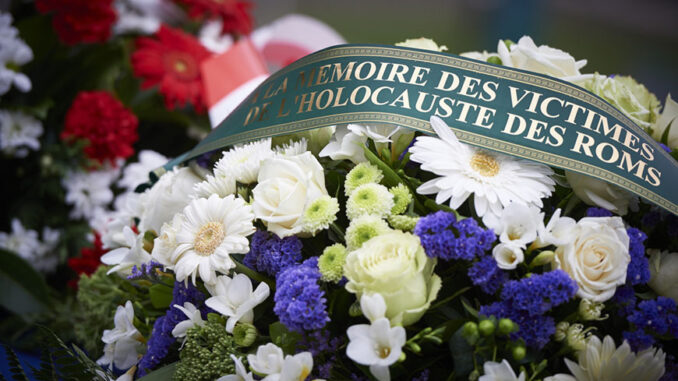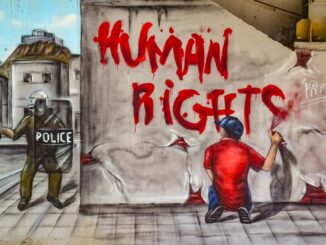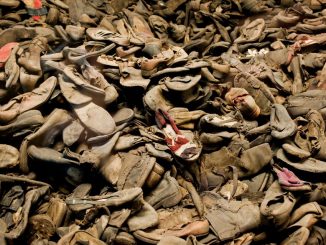
“On the night of 2–3 August 1944, over 3,000 Roma women, men and children were exterminated in the gas chambers of the ‘Zigeunerlager’ at Auschwitz-Birkenau.
“Eighty years later, we honour the memory of the Roma victims of the Holocaust, a chapter of history that is too often overlooked. On this solemn day, we remember the Roma who were persecuted and murdered by the Nazi regime, estimated around 500,000. And we reaffirm our dedication to combating prejudice and discrimination in all forms.
“The Council of Europe has made strides to include the Roma Holocaust in school curricula and textbooks in our member states: a key objective set forth in our Strategic Action Plan for Roma and Traveller Inclusion (2020-2025). This initiative has promoted teaching of Roma history in general.
“To reinforce this effort, we launched this past spring a two-year joint EU-Council of Europe programme: “Roma Holocaust Remembrance and Education” (Roma Memory) to increase public knowledge across Europe.
“In addition, the Council of Europe Steering Committee on Anti-Discrimination, Diversity and Inclusion is now providing member states, teachers and educators with several tools to teach Roma and Traveller history.
“Eighty years have passed since the Roma Holocaust. Survivors and witnesses of these atrocities will soon fade into memory. It is more important than ever to remain committed to everlasting remembrance. We pledge to stand against injustice and to build a world rooted in respect, understanding, and equality. May the legacy of the Roma victims of the Holocaust inspire us to create a better, more inclusive future.”
* * *
In Strasbourg, Palais de l’Europe – A ceremony will be held at noon Friday 2 August on the lawn in front of the building. Council of Europe officials, Permanent Representations, and a representative of Roma civil society will take part in the ceremony. The speeches will be followed by laying of flowers in front of the “Human Rights” sculpture.
Relevant Council of Europe documents and initiatives:
- Recommendation CM/Rec(2020)2 of the Committee of Ministers to member States on the inclusion of the history of Roma and/or Travellers in school curricula and teaching materials
- Recommendation CM/Rec(2022)5 of the Committee of Ministers to member States on passing on remembrance of the Holocaust and preventing crimes against humanity
- Council of Europe Factsheets on Roma History
- Right to Remember – A Handbook for Education with Young People on the Roma Genocide
- The Representation of Roma in European Curricula and Textbooks
- HISTOLAB tutorials on how to teach Roma history and Roma Holocaust
redaktionen@dikko.nu
Att vara en oberoende tidning kostar pengar därför använder vi oss av crowdfunding. Det innebär att människor med små eller stora summor hjälper till att finansiera vår verksamhet. Magasin DIKKOs insamlingen sker via swish: 123 242 83 40 eller bg: 5534-0046
Vill du annonsera eller sponsra, synas eller höras i våra media?
Kontakta oss på redaktionen@dikko.nu
eller ring 0768 44 51 61
IBAN: SE19 9500 0099 6042 1813 4395
BIC: NDEASESS




